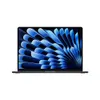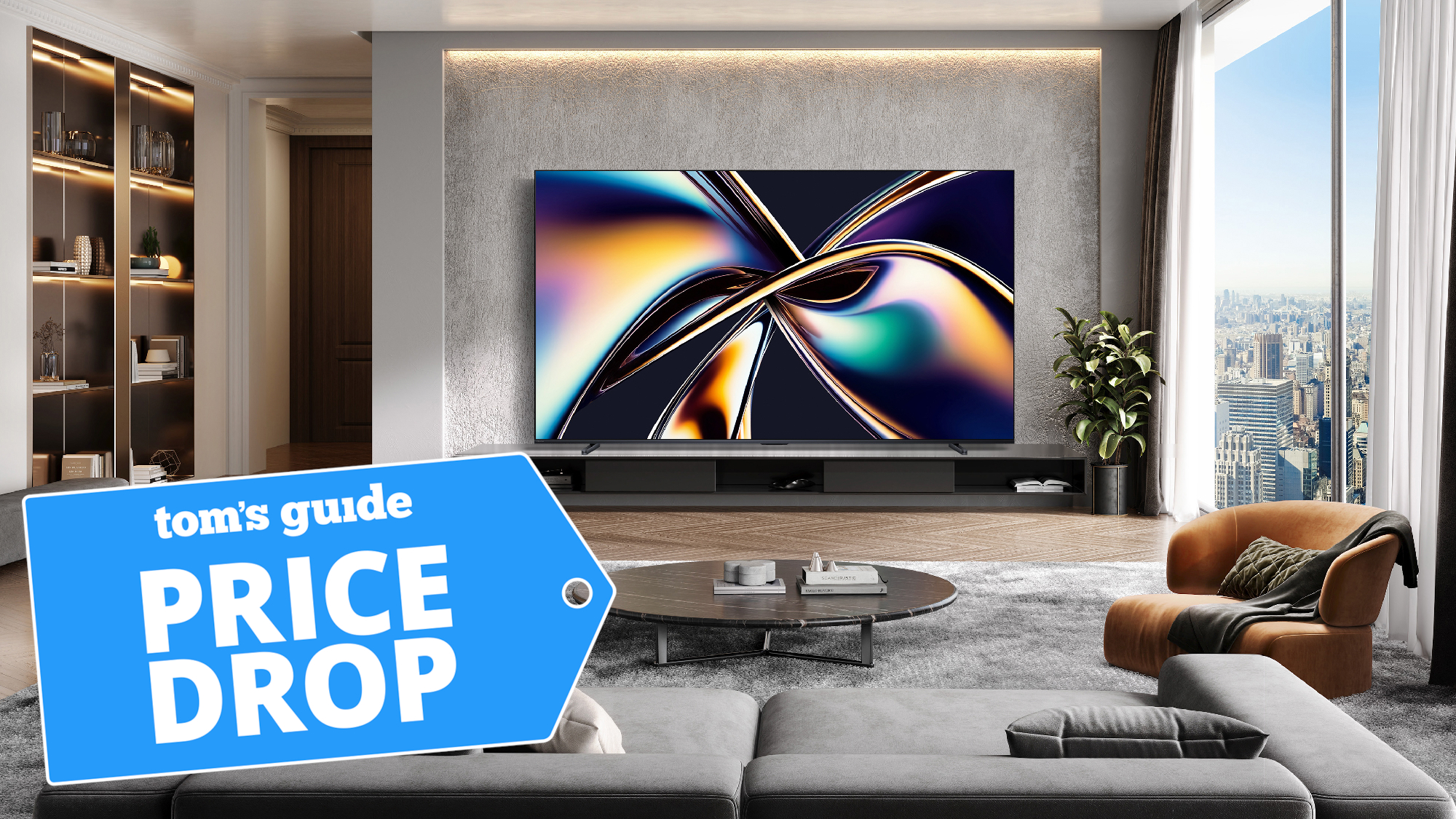'AI laptops' hype is not what you think — PC makers won't like me revealing this secret
It’s more than just a marketing tactic
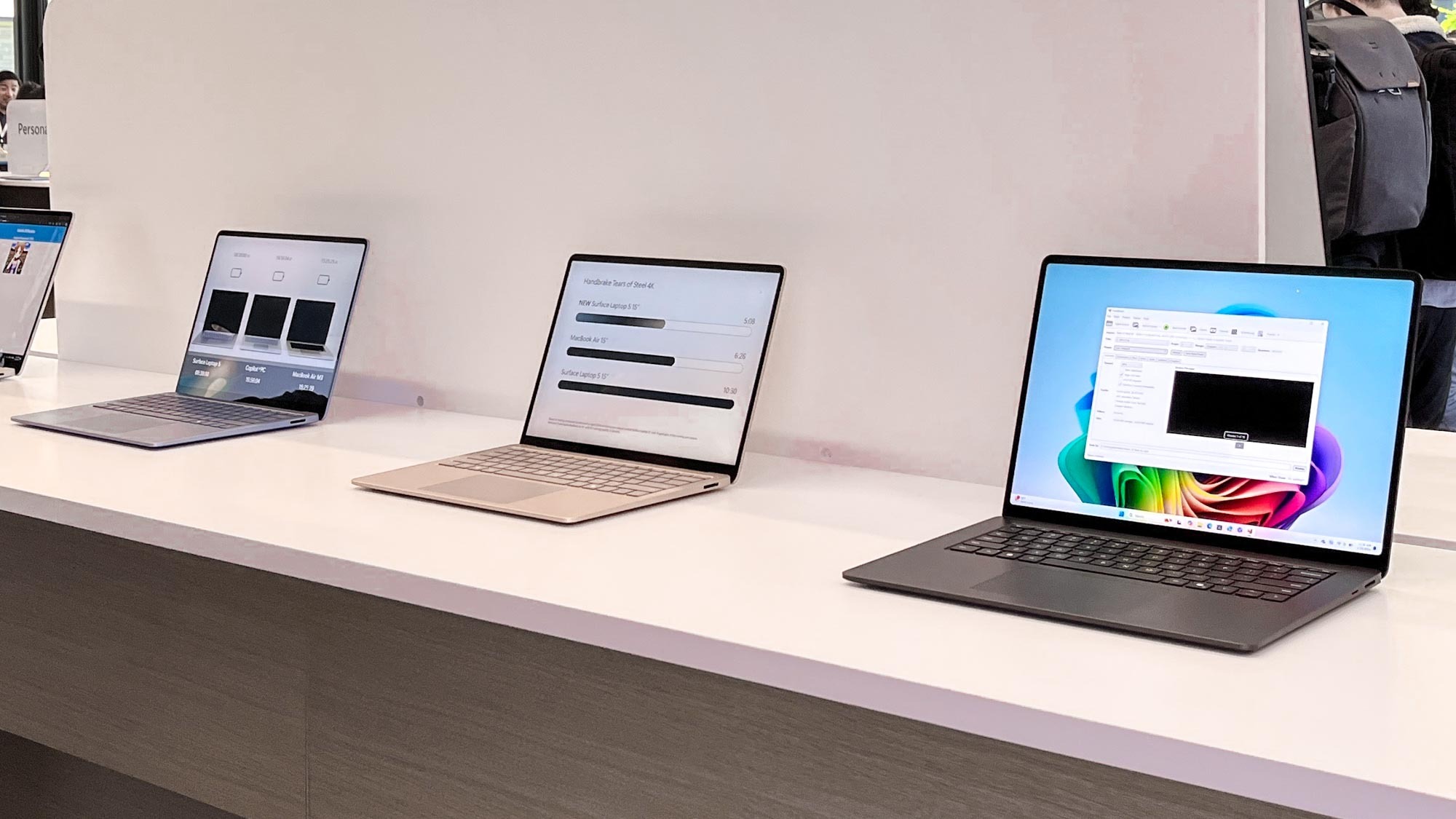
I know a little secret about AI laptops. At first, I hesitated in divulging this truth. I wondered, “Do people even give a flying monkey’s behind about AI laptops?”
The answer is likely no. But that doesn’t mean that you don’t deserve to know why companies keep trying to shove them down your throats. You may be thinking, “Pfft, what’s the secret? That AI laptops are a marketing ploy? We already know that!”
It’s actually far more underhanded than that. Hear me out.
I’ve spent over five years as a tech journalist, giving me a rare vantage point. As Mashable’s former tech editor, I’ve had behind-the-scenes conversations with industry insiders about the real motives driving AI laptops. At the same time, I’ve pored over datasets that reveal how everyday consumers are actually reacting to the AI laptop buzz.
In one survey conducted by Intel, 44% of respondents believed that AI PCs are “gimmicky.” Another poll by TechPowerUp discovered that 84% of participants would not shell out extra cash for AI features on PCs.
Despite this, reports are bullish on AI PCs. They’re expected to represent 40% of global PC shipments in 2025, according to Canalys. AI PCs now consist of 14% of the PC market.
This isn’t an outlandish prediction. After two years of testing AI PCs, I can confidently say they’re impressive. My gripe isn’t about their functionality; it’s about the lack of transparency surrounding why the tech industry is pushing them so hard.
Sign up to get the BEST of Tom's Guide direct to your inbox.
Get instant access to breaking news, the hottest reviews, great deals and helpful tips.
But first, for the uninitiated, let’s dive into what exactly is an AI PC.
What’s an AI PC?
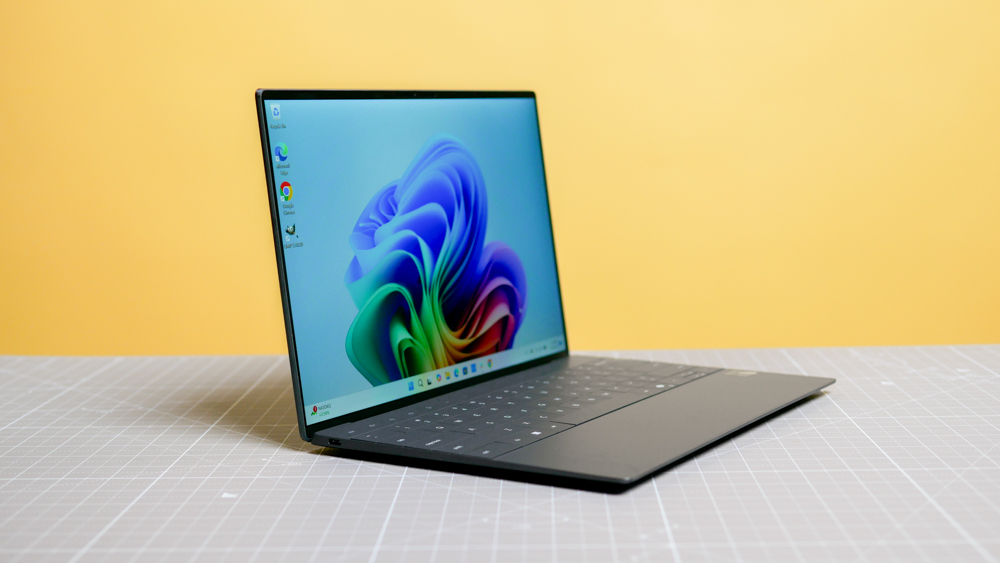
The concept of an AI PC, a computer capable of running AI workloads, is nothing new. What stands out is the recent marketing pivot to promote laptops specifically crafted for AI purposes — a trend that’s taken off in the last few years.
Nowadays, an AI PC refers to a computer that is, at the very least, outfitted with an NPU (a processor that is designed to perform AI tasks). For example, laptops like the Microsoft Surface Laptop 7, HP OmniBook X 14, and the newly refreshed Dell XPS 13 have configurations with Qualcomm’s best AI chip offering, Snapdragon X Elite, which features NPUs. As such, these three aforementioned laptops are considered AI PCs.
Microsoft took it a step further and decided to set the standard for what qualifies as an AI-ready PC with “Copilot+” branding.
Copilot+ laptops offer consumers access to flashy Windows-based AI features like the controversial Recall function, Cocreator in Paint, Live Captions, and more. As you might have guessed, Copilot+ PCs come equipped with NPUs, but they must be built into the following chipsets: Qualcomm Snapdragon X Elite, AMD Ryzen AI 300 series, and Intel Core Ultra 200V series.
There are arguably “better” AI-ready laptops on the market, particularly gaming laptops, which often sport Nvidia GPUs. As Tom’s Guide’s sister site Tom’s Hardware said, although Nvidia graphics cards aren’t purpose-built for AI, they’re still pretty powerful. An Nvidia GeForce RTX 4050 GPU, for example, can offer somewhere between 47 and 194 TOPS, which outpaces the 40 TOPS output from Copilot+ PCs. (TOPs, which stands for trillions of operations per second, is a unit of measurement used to quantify AI computational power.)
The downside is that gaming laptops are energy guzzlers. Copilot+ PCs, as you’ll find out later, give the Energizer Bunny a run for its money.
So where does Apple fit in with all of this? Perhaps making a slight dig at the Windows AI PC hype, the Cupertino-based tech giant said that it’s been making AI-capable machines for years now with its M-series chips. The most powerful one yet is the M4 chip, which you can find across the iPad Pro, MacBook Pro, Mac mini and iMac.
In other words, Apple said we’ve been adding neural engines (a dedicated part of the M-series chips that handles machine-learning and AI workloads) to our machines for quite some time now. Keep up!
Now, let’s get to the juicy part. Here’s the truth behind the aggressive push for AI PCs.
The real reason why laptop companies are pushing AI PCs
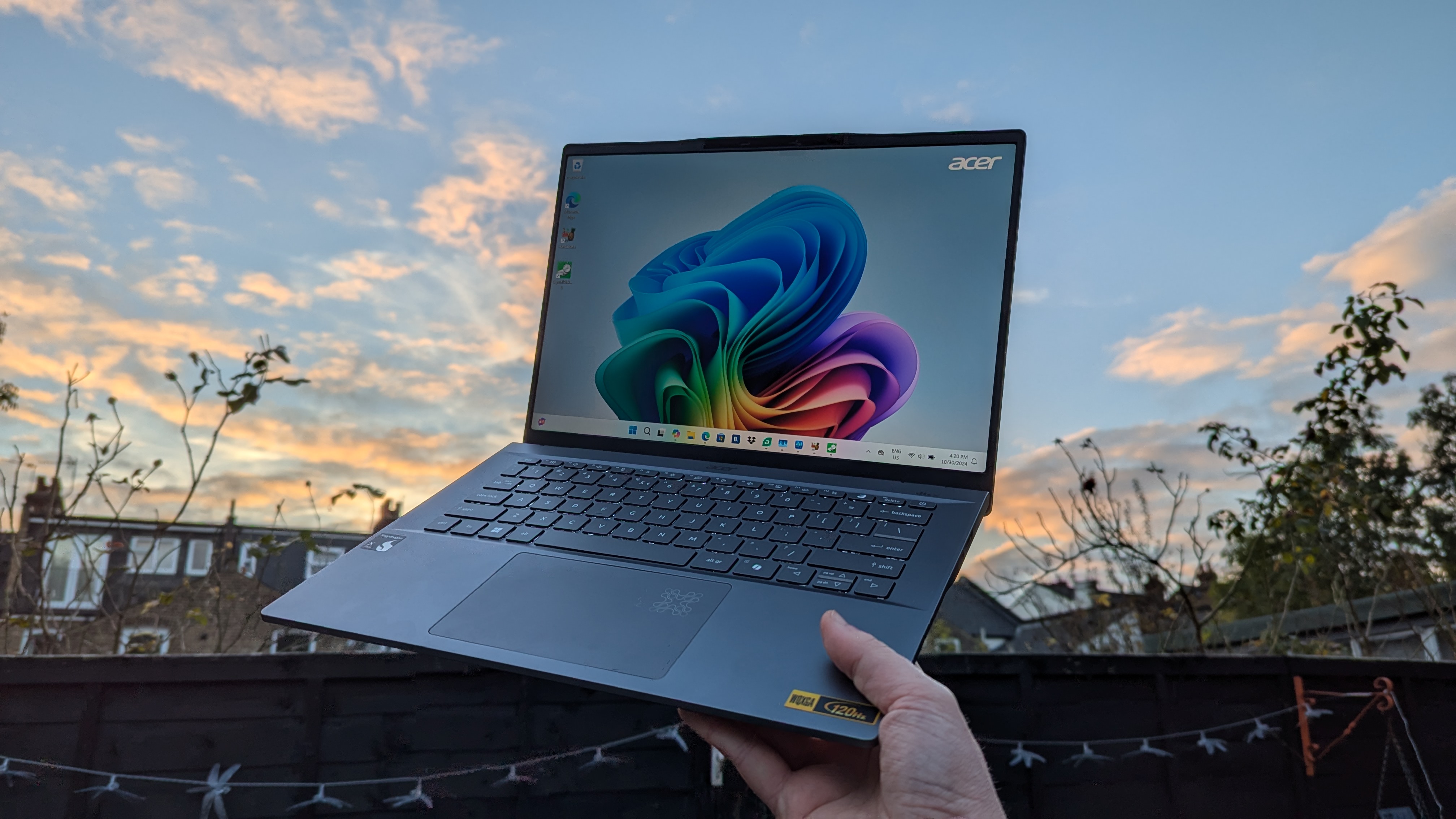
Most people assume that the reason why laptop manufacturers — from Lenovo and Dell to HP and Asus — are insistently and assertively rolling out AI PCs is because we’re in an AI boom. With AI being the new buzzword, companies assume that it’ll attract consumers in droves, right?
Wrong! That’s what they want you to believe.
The truth is, I’ve heard some insider chatter suggesting that Big Tech — Microsoft, for instance — is feeling the strain of their AI splurging. Running cloud-based AI is ridiculously expensive, and it’s reportedly causing anxiety in the industry. There’s speculation that some companies may not recoup their massive investments quickly enough, leading to some serious nail-biting behind the scenes.
For example, Microsoft has bundled AI features into subscriptions costing up to $30 per month, but rumors suggest that running cloud-based AI is becoming an unsustainable business model. To address this, industry leaders are pushing AI PCs as a solution to reduce reliance on the cloud.
By integrating NPUs into AI PCs, companies aim to offload AI processing to consumers’ laptops, reducing the painful costs of cloud-based AI operations. This strategy allows them to maintain revenue streams from AI subscriptions while cutting overhead by leveraging users’ hardware resources instead.
So no, the overarching reason for this AI PC hype isn’t to ride the ChatGPT-sparked AI wave. And no, it’s not to protect your privacy either. There’s a trend of companies marketing on-device AI as a “better option for privacy,” but some pundits aren’t so convinced about that. One study found that on-device AI models still leaked private and sensitive information.
The truth is simple: Big Tech is reportedly scared of possible negative returns.
According to Financial Times, Microsoft, Meta, Amazon and Alphabet spent about $200 billion in 2024 to build AI infrastructure — and folks are terrified that the bubble will burst as early as next year. Who will come and rescue them? You and your shiny new NPU.
Laptop companies struggled to articulate how AI PCs enhanced the AI experience
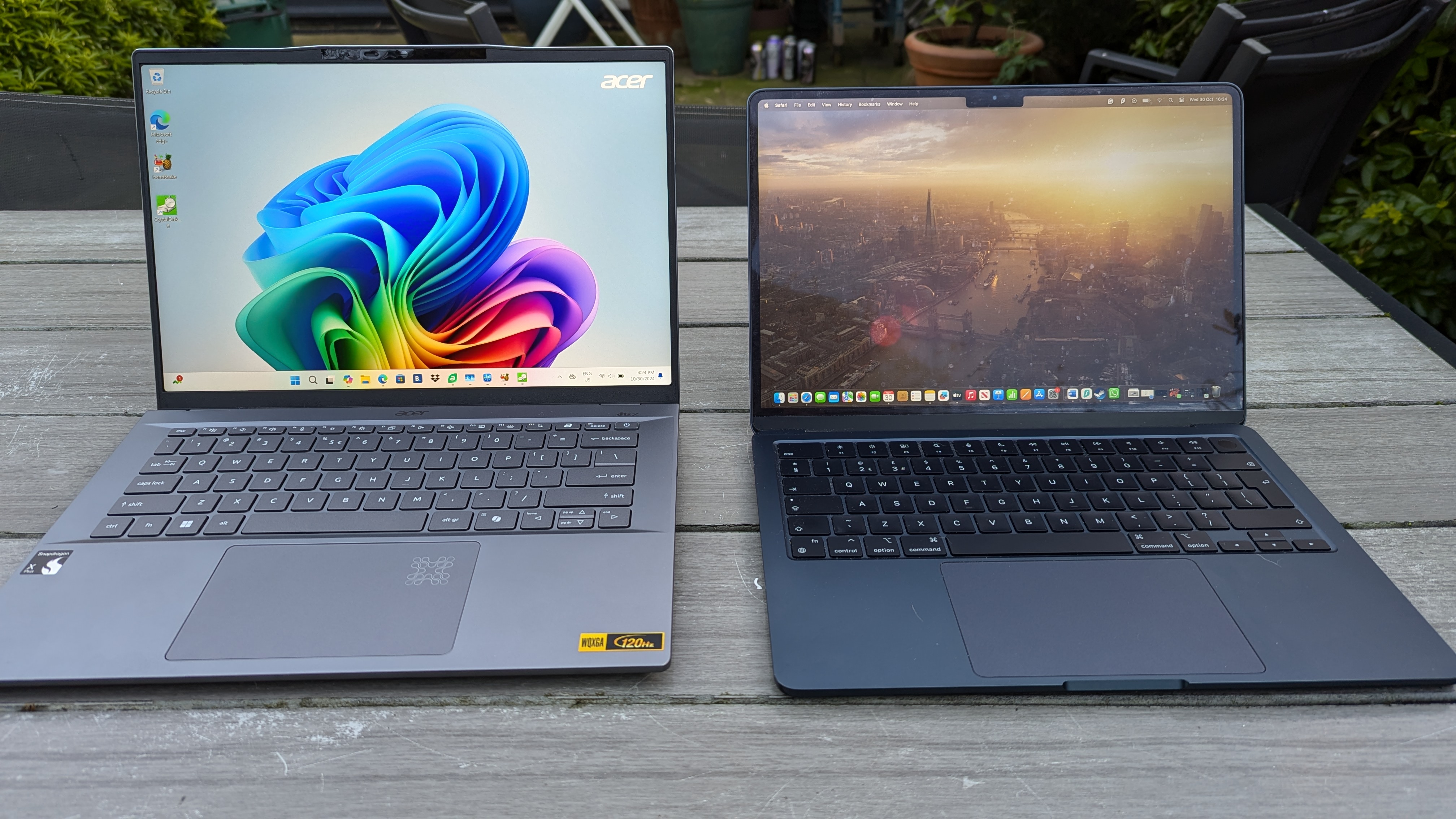
I’ve attended countless briefings with laptop vendors trying to “sell me” on AI PCs. And I haven’t got a single satisfactory answer to the following question: “What benefit, exactly, does an AI PC bring to the consumer?” Every time I asked that question, I could see beads of sweat forming on the representatives' foreheads.
When I first caught wind of the AI PC trend in 2023 — before Copilot+ PCs existed — I struggled to understand how an NPU actually improved the AI experience. At the time, PR teams touted Windows Studio Effects as the big draw, a feature that added webcam effects like background blur. “That’s it?” I thought. “Is that really enough to justify asking people to shell out for an AI PC?”
However, as time progressed, the benefits became clearer. For example, Adobe Premiere Pro now leverages the NPUs of Copilot+ PCs. DaVinci Resolve eventually joined the party, too. Microsoft will also try to sell you features like Recall, Cocreator and more, but they’re more for “funsies” rather than adding any practical value to one’s productivity.
Still, for most users, it’s not the “AI” from AI PCs that make them worth the purchase — it’s everything else. Research from IDC backs this claim, but I’ve tested a handful of AI PCs, so allow me to divulge my personal experience with them.
AI PCs are actually good — but not because of their AI capabilities
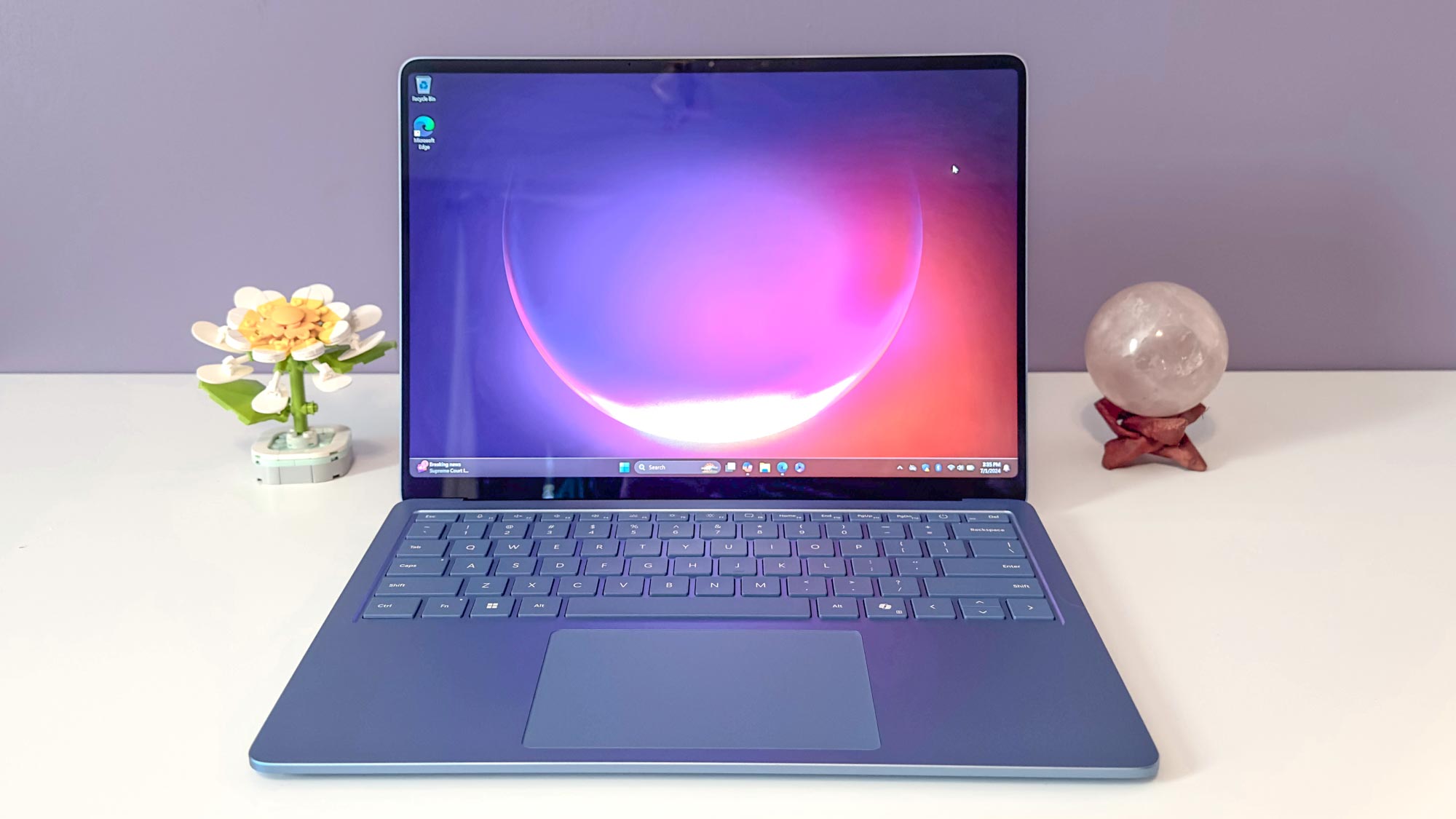
Although the AI PC trend is reportedly part of Big Tech’s scheme to stop the alleged financial bleeding, they’re actually pretty good.
In fact, I’ll go as far as saying that AI PCs, particularly Copilot+ PCs, are the best thing that have happened to Windows laptops in quite some time. In an Intel-dominated space, the Qualcomm Snapdragon X Elite chip is sensational.
I own an M2 MacBook Air, but if hell were to freeze over and I decided to snag a Windows laptop, it’d be the Snapdragon X Elite-based Microsoft Surface Laptop 7. It lasted nearly 23 hours on a charge in a video rundown test I ran on it. Tom’s Guide runs a more robust, intensive battery runtime test — and it lasted almost 16 hours on a charge, which is still incredible.
When it comes to performance, the Surface Laptop 7 was only narrowly defeated by the M3 MacBook Air.
The Dell XPS 13 configuration with the Snapdragon X Elite chip also blew us away. It lasted a whopping 19 hours and 41 minutes on a charge. And it, too, is a performance powerhouse.
Intel could never.
I can’t emphasize this enough: AI PCs are impressive — but not necessarily for the AI features they’re named after.
What now?
My sources indicate that Big Tech isn’t expected to see substantial returns from its AI investments any time soon — and it’s sparking concern across the industry.
“The revenue returns from AI remain more of a promise than a present reality,” Jeremy Goldman, senior director of briefings at EMARKETER, told Business Insider.
The rumored solution? As mentioned, integrate NPUs into everyday laptops, shifting AI workloads to consumer devices.
On the bright side, this is shaping up to be a somewhat symbiotic relationship between the industry leaders and consumers. Buyers gain power-efficient, high-performance laptops that meet their needs, and in return, Big Tech establishes NPUs as a standard feature in modern devices to cut their expenditures. Win, win!
More from Tom's Guide
- This is my favorite laptop of the year that you can’t buy in the US — and it's a glimpse of the future
- This next-gen laptop could be the foldable display hybrid of my dreams
- Copilot+ PCs are here — 11 Snapdragon X Elite laptops you can buy right now

Kimberly Gedeon is a tech explorer who enjoys doing deep dives into the most popular gadgets, from the latest iPhones to the most immersive VR headsets. She's drawn to strange, avant-garde, bizarre tech, whether it's a 3D laptop, a gaming rig that can transform into a briefcase or smart glasses that can capture video. Her journalism career kicked off about a decade ago at MadameNoire where she covered tech and business before landing as a tech editor at Laptop Mag in 2020, then as the tech editor at Mashable in 2023.
-
fatherb88 I snagged an ASUS Vivobook S15 last November for $550. It has a great OLED screen and Snapdragon X Plus processor. It is a Copilot+ computer. It was very buggy at first and I almost returned it. After contacting ASUS customer service, I was prompted to reset my computer. This fixed the problem, but forced me to reinstall all my apps. At least I was given a list of what was deleted during the reset. Since then, I haven't had any problems. I don't use the Copilot+ function very often. So far, my apps all work with the ARM processor with the exception of my Affinity photo editing app. I had to upgrade to version 2. It is, however, a non-subscription program, so I thought it reasonable.Reply
